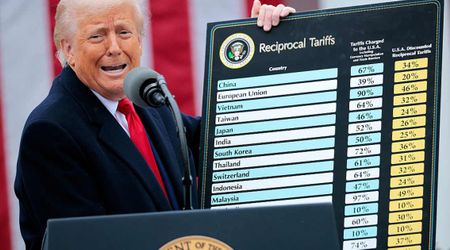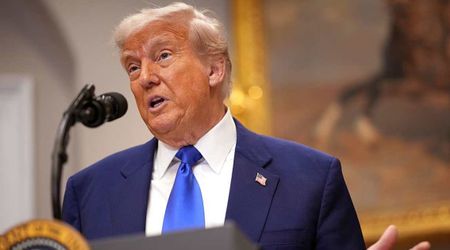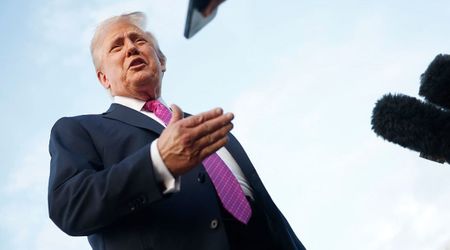Con artist steals over $100 million from Google and Facebook — all he did was send them random bills

In one of the most creative scams, a Lithuanian man duped Google and Facebook (now Meta) into transferring over $100 million into bank accounts controlled by him and his associates. As per the New York Times, between 2013 and 2015, Evaldas Rimasaukas created email accounts impersonating a company that the tech giants regularly worked with. He and his team then sent fake invoices to extract hefty payments.
A Lithuanian man and his associates sent fake invoices to Facebook and Google, according to his guilty plea. The invoices were apparently good enough to persuade the tech giants to wire them more than $100 million. https://t.co/Q5IWpiUUBs
— The New York Times (@nytimes) March 25, 2019
Rimasaukas was arrested in 2017 and pleaded guilty to wire fraud. The genius scammer is now spending his time behind the bars.
A genius phishing scam that almost worked
Prosecutors accused Rimasauskas in 2016 of perpetrating a scheme to scam Facebook and Google by registering a company that impersonated another company.
While the charges did not name the companies involved, as per CNBC, a Taiwan-based company, Quanta Computer reportedly confirmed that it was the company that Rimasauskas impersonated. Furthermore, Facebook and Google were named as the victims in a Lithuanian court order in 2017, as per Reuters.
Quanta Computer was a legitimate vendor to Facebook and Google and the two giants conducted business and transactions worth millions regularly with the company.
As per the court documents, Rimasauskas served as the “sole member of the board of directors” of the fake company. He even used the fake company's name to open and control various bank accounts in Latvia and Cyprus.
Evaldas Rimasauskas, a Lithuanian, ran a fraudulent scheme from 2013 to 2015, scamming Facebook out of $99m and Google out of $23m by sending them fake invoices for goods they didn't order.
— Morbid Knowledge (@Morbidful) July 9, 2024
In 2017, at age 50, he was finally arrested in Lithuania and extradited to New York. He… pic.twitter.com/V4hGZFKCA1
With the groundwork set, Rimasauskas and his co-conspirators created fake email accounts that looked like those of Quanta Computer. They used those accounts to send fairly convincing forged phishing emails with fake invoices that directed the two companies to pay the sum in the bank accounts controlled by the scammers.
The two tech giants responded by paying up as usual, and the transactions amounted to a total of $100 million.
Prosecutors alleged that Rimasauskas was involved in the creation of “forged invoices, contracts, and letters all of which appeared to be approved and signed by the agents of Quanta Computer.

The scammers also generated fake supporting documents to avoid suspicion from banks. Even details like fake corporate seals embossed with names of Quanta Computer were created, to make it look as legitimate as possible.
The 2016 indictment mentioned multiple unidentified co-conspirators who helped Rimasaukas pull off the massive fraud.
A costly scheme to fumble
While Rimasaukas thought he had covered all his tracks, he was busted by the Lithuanian authorities in March 2017. He was then extradited to the U.S. where he pled guilty.
He was originally charged with five criminal counts including identity theft, money laundering, and wire fraud. However, after entering a plea agreement, four out of five charges were on track to be dismissed, his lawyer, Paul D. Petrus Jr. told the New York Times.
While authorities named Rimasaukas as the mastermind of the scheme, he told the judge, “I was asked to open bank accounts. After that I did not do anything with these accounts," during his plea hearing, Bloomberg reported.
Under the plea agreement, Rimasaukas agreed to forfeit roughly $49.7 million that he obtained from the scheme. In 2019, he was sentenced to five years in prison, as per an FBI press release.
Shortly after the detection of the fraud, both Google and Facebook stated that they had recovered the bulk of the stolen funds. “We detected this fraud and promptly alerted the authorities,” a Google spokesperson told CNBC Make It. The official added that the funds were recouped and the "matter was resolved."
Meanwhile, a Facebook spokesperson also told the publication that they had recovered a bulk of the stolen funds and had been cooperating with law enforcement during the investigation.
Editor's note: This article was originally published on July 22, 2022. It has since been updated.






















